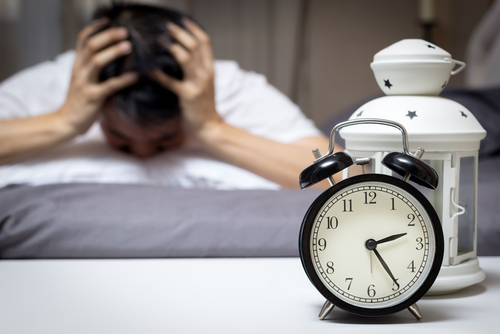Muscle protein may hold answer to some sleep disorders
IANS Aug 04, 2017
Challenging a widely accepted notion that the brain controls all aspects of sleep, new research shows that a protein in the muscle can lessen the effects of sleep loss in mice.

The finding, published in the journal eLife, gives scientists a new target besides the brain to develop therapies for people with excessive sleepiness."This finding is completely unexpected and changes the ways we think sleep is controlled," said Joseph Takahashi, Chairman of Neuroscience at University of Texas Southwestern Medical Center in the US.The research demonstrated how a circadian clock protein in the muscle - BMAL1 - regulates the length and manner of sleep.
While the protein's presence or absence in the brain had little effect on sleep recovery, mice with higher levels of BMAL1 in their muscles recovered from sleep deprivation more quickly.In addition, removing BMAL1 from the muscle severely disrupted normal sleep, leading to an increased need for sleep, deeper sleep, and a reduced ability to recover.The finding may eventually lead to therapies that could benefit people in occupations requiring long stretches of wakefulness, from military to airline piloting, Takahashi said."These studies show that factors in muscles can signal to the brain to influence sleep. If similar pathways exist in people, this would provide new drug targets for the treatment of sleep disorders," Takahashi said.
-
Exclusive Write-ups & Webinars by KOLs
-
Daily Quiz by specialty
-
Paid Market Research Surveys
-
Case discussions, News & Journals' summaries